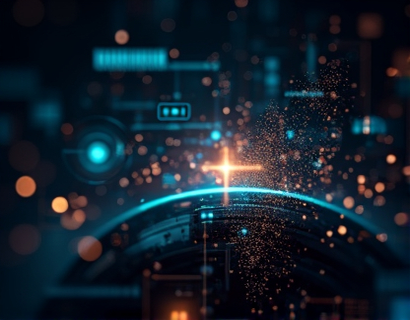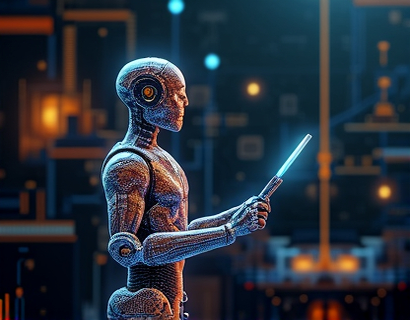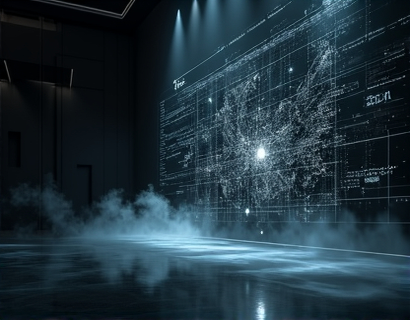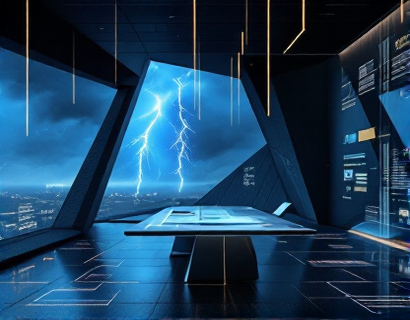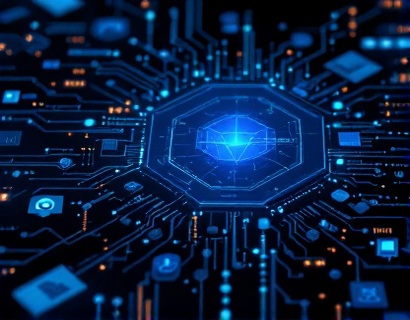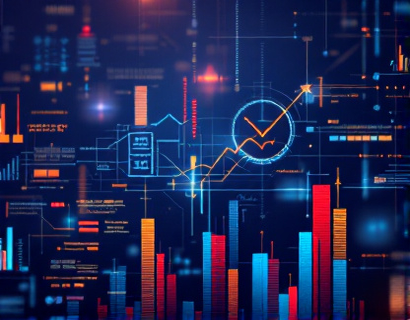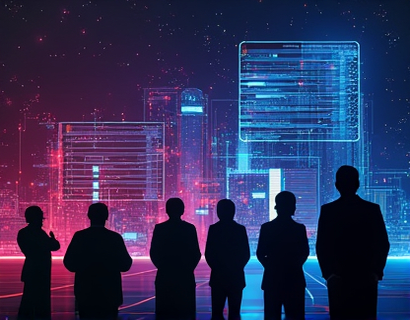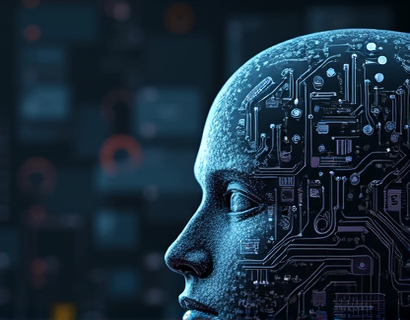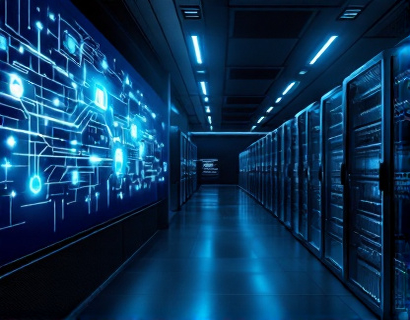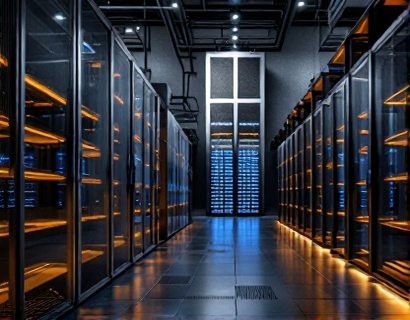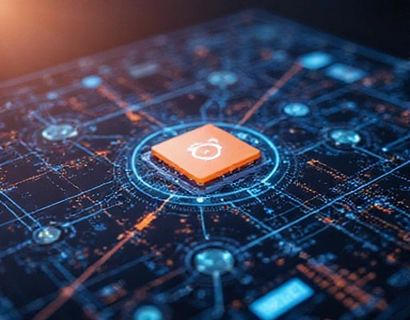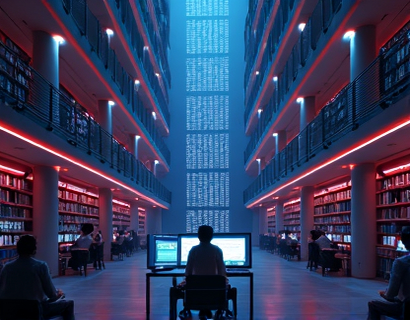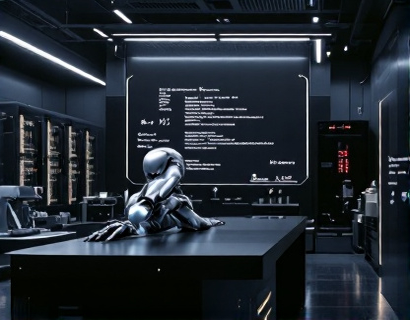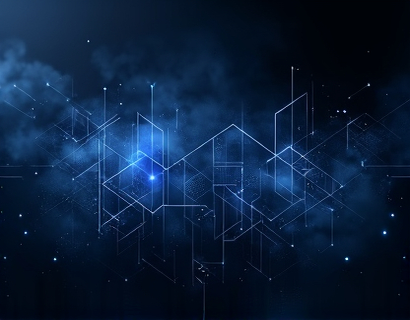Decentralized DAOs: Empowering Web3 Governance with Community-Driven Innovation and Transparency
In the rapidly evolving landscape of Web3, decentralized autonomous organizations (DAOs) stand as a pivotal force, redefining governance and innovation through community-driven approaches. This guide delves into the essence of DAOs, exploring how they empower Web3 governance, enhance transparency, and ensure scalability, ultimately revolutionizing the management of digital protocols and shaping a more interconnected digital future.
Understanding Decentralized DAOs
Decentralized autonomous organizations, or DAOs, are digital entities governed by smart contracts on blockchain networks. These smart contracts encode the rules and procedures for decision-making, fund management, and operational execution, eliminating the need for centralized authorities. The core principle of a DAO is decentralization, which means that control and decision-making power are distributed among its members, typically token holders.
The concept of DAOs emerged from the broader blockchain and cryptocurrency movement, building on the foundational ideas of decentralization and community governance. Unlike traditional organizations, DAOs operate without a central hierarchy, allowing for a more democratic and inclusive approach to management. This structure not only fosters innovation but also ensures that the interests of the community are prioritized over those of a few individuals.
Community-Driven Governance
One of the most significant advantages of DAOs is their community-driven governance model. In a DAO, decisions are made through proposals and votes, where token holders have a say in the direction and development of the organization. This process is transparent and accessible, allowing anyone with a stake in the DAO to participate in governance.
The governance mechanism typically involves a proposal system, where members can suggest changes or new initiatives. These proposals are then discussed in the community, and a voting period is opened. Once the voting period concludes, the proposal with the majority support is implemented. This approach ensures that the DAO evolves based on the collective wisdom and needs of its community, rather than the whims of a central authority.
This model of governance not only empowers individuals but also enhances the resilience and adaptability of the organization. By distributing decision-making power, DAOs can respond more quickly to changes in the digital landscape, fostering a dynamic and agile environment. Moreover, the transparency of the governance process builds trust among members, as all actions and decisions are recorded on the blockchain and accessible to everyone.
Transparency in DAOs
Transparency is a cornerstone of DAOs, and it is achieved through the immutable and public nature of blockchain technology. All transactions, proposals, votes, and financial records are stored on the blockchain, creating an unalterable and transparent ledger. This level of transparency is unparalleled in traditional organizations, where information is often controlled and manipulated by those in power.
The transparency of DAOs extends to financial management as well. Token holders can track the usage of funds, ensuring that resources are allocated efficiently and ethically. This openness not only reduces the risk of fraud and mismanagement but also builds a strong sense of trust and accountability within the community. Members can verify the integrity of the organization's operations at any time, fostering a culture of honesty and responsibility.
Furthermore, the transparency of DAOs promotes accountability. Since all actions are recorded and visible, members can hold each other accountable for their decisions and actions. This peer-to-peer accountability mechanism is a powerful tool for maintaining the integrity and effectiveness of the organization.
Scalability and Efficiency
Scalability is a critical factor in the success of any digital organization, and DAOs are designed to address this challenge through decentralized and automated processes. Smart contracts, the backbone of DAOs, can execute complex operations with precision and speed, handling tasks that would otherwise require significant human intervention.
Automation through smart contracts reduces the potential for human error and increases efficiency. For instance, fund distribution, voting processes, and operational tasks can be automated, ensuring that they are executed promptly and accurately. This not only saves time and resources but also enhances the overall performance of the DAO.
Moreover, the decentralized nature of DAOs allows for seamless scalability. As the community grows, new members can join and participate in governance without the need for centralized approval. This scalability ensures that the organization can adapt and grow in response to increasing demand and participation, maintaining its relevance and effectiveness in the ever-changing digital landscape.
Real-World Applications and Case Studies
Several DAOs have successfully demonstrated the potential of community-driven governance and transparency in managing Web3 protocols. One notable example is the SushiSwap DAO, which has played a crucial role in the governance and development of the SushiSwap ecosystem. Through a well-structured governance system, token holders can propose and vote on various initiatives, from protocol upgrades to community events.
Another example is the Aragon DAO, a platform that enables the creation and management of decentralized organizations. Aragon provides the tools and infrastructure for communities to build their own DAOs, fostering a network of interconnected and collaborative projects. This platform has been instrumental in demonstrating the scalability and flexibility of DAOs in various use cases.
These case studies highlight the practical benefits of DAOs in real-world scenarios. They show how community-driven governance and transparency can lead to more efficient, resilient, and innovative digital organizations. By leveraging the power of decentralization, these DAOs have successfully addressed complex challenges and driven meaningful change in the Web3 space.
Challenges and Considerations
While DAOs offer numerous advantages, they also come with unique challenges that need to be addressed. One of the primary concerns is the technical complexity involved in setting up and managing a DAO. Not all communities have the expertise to develop and maintain smart contracts, which can be a barrier to entry.
To mitigate this, platforms like Aragon and others provide user-friendly tools and services to help communities build and manage their DAOs. These platforms offer templates, documentation, and support to make the process more accessible. Additionally, the growing ecosystem of DAO-focused services and experts is helping to bridge the knowledge gap and democratize access to decentralized governance.
Another challenge is the potential for governance attacks, such as sybil attacks, where a malicious actor creates multiple fake identities to gain undue influence. To counter this, DAOs can implement robust identity verification mechanisms and voting thresholds to ensure that decisions are made by genuine stakeholders.
The Future of DAOs and Web3
The future of DAOs is bright, with ongoing developments in blockchain technology and increasing adoption driving their growth and evolution. As more organizations recognize the benefits of decentralized governance, the DAO ecosystem is expected to expand, fostering greater collaboration and innovation.
One exciting development is the integration of DAOs with other Web3 technologies, such as decentralized finance (DeFi), non-fungible tokens (NFTs), and decentralized social networks. This convergence has the potential to create more interconnected and holistic digital ecosystems, where DAOs play a central role in governance and decision-making.
Moreover, the rise of interoperability protocols is making it easier for DAOs to collaborate across different blockchain networks, enhancing their scalability and reach. This interconnectedness will enable DAOs to leverage the strengths of various platforms, creating a more robust and resilient Web3 landscape.
In conclusion, decentralized DAOs are revolutionizing Web3 governance by empowering communities, ensuring transparency, and enabling scalability. By embracing the principles of decentralization and community-driven innovation, DAOs are shaping a more inclusive and dynamic digital future. As the technology continues to evolve, the potential for DAOs to drive meaningful change and unlock the full potential of Web3 remains immense.




